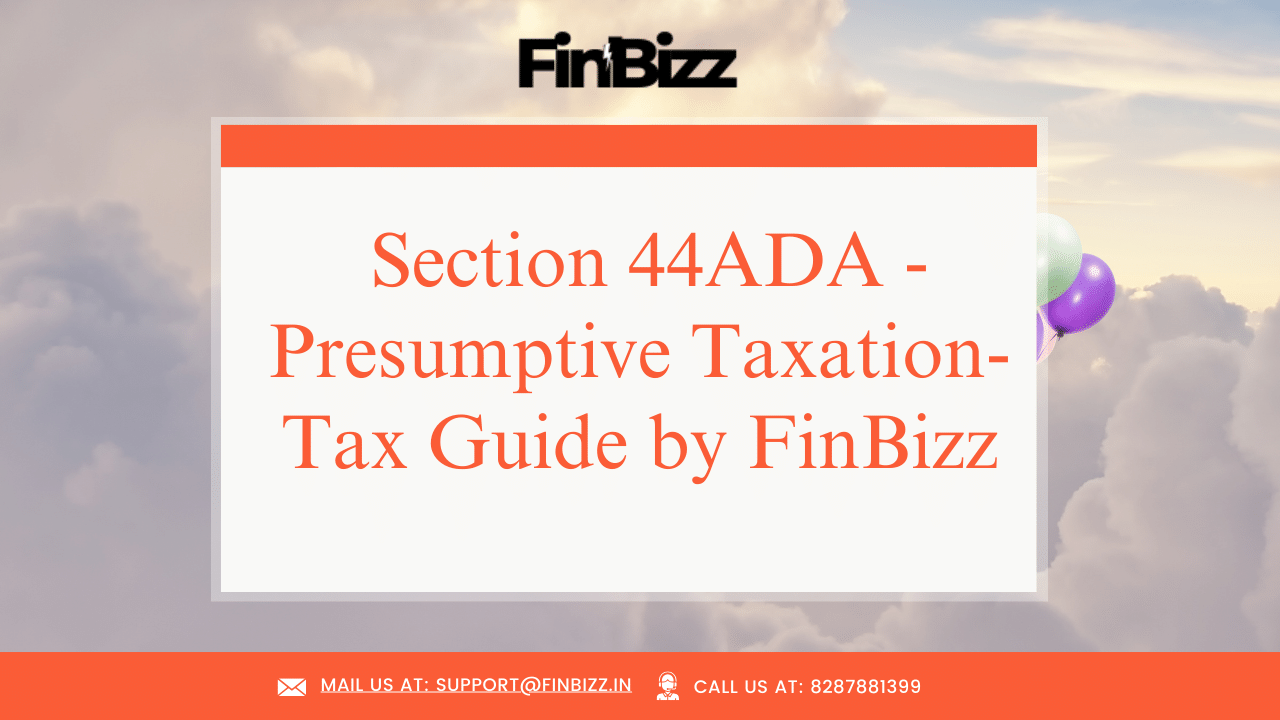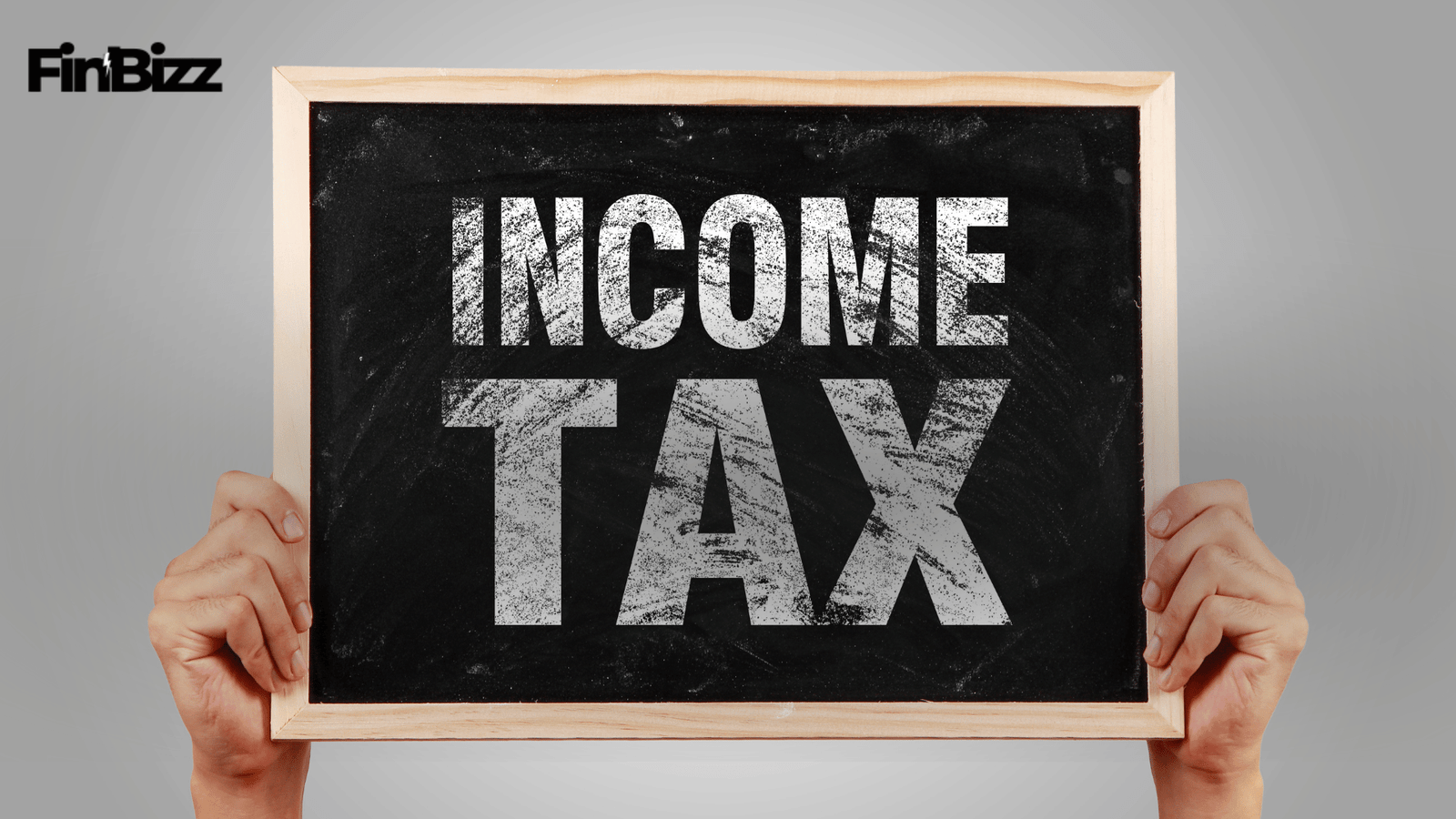Overview
Presumptive taxation is a simplified tax framework designed to ease the compliance burden for small taxpayers. This system allows eligible businesses and professionals to declare income at a prescribed rate on their gross receipts and forego detailed bookkeeping. FinBizz offers expert guidance on how to leverage the benefits of presumptive taxation to manage and reduce your tax liabilities effectively.
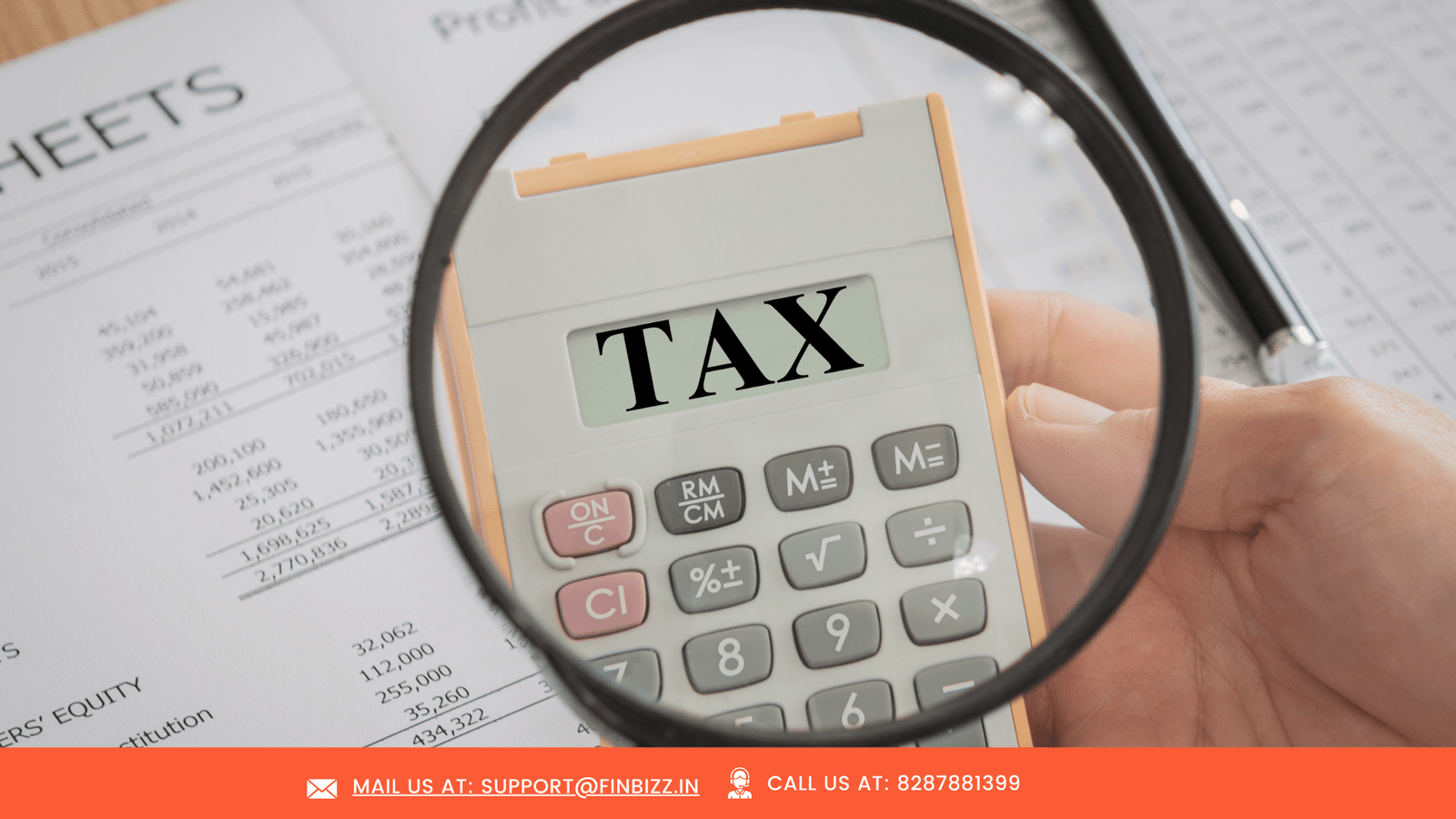
Understanding Presumptive Taxation under Sections 44AD, 44ADA, and 44AE
The Indian Income Tax Act provides specific sections under which small businesses and professionals can opt for presumptive taxation:
- Section 44AD (Businesses): Applicable to small businesses with total turnover or gross receipts not exceeding ₹2 crore. Under this section, businesses can declare 8% of their gross receipts as income if the transactions are in cash, or 6% if conducted through banking channels.
- Section 44ADA (Professionals): Designed for specified professionals (like doctors, lawyers, accountants, etc.) whose total gross receipts do not exceed ₹50 lakh during the year. They can declare 50% of their total gross receipts as their income.
- Section 44AE (Goods Carriage Businesses): Pertains to taxpayers engaged in the business of plying, hiring, or leasing goods carriages and who do not own more than ten vehicles. They can presume income at a specified sum per vehicle per month.
Benefits of Opting for Presumptive Taxation
Choosing presumptive taxation comes with several advantages, particularly for small and medium enterprises and professionals:
- Simplified Compliance: Reduces the need for meticulous bookkeeping, saving time and administrative costs.
- Lower Tax Liability: Allows taxpayers to declare a potentially lower income than actual earnings, reducing tax liabilities.
- Avoidance of Audits: Taxpayers under this scheme are not subject to tax audits, provided they adhere to the income declaration and turnover limits.
FinBizz helps businesses and professionals understand these benefits and determine if opting for presumptive taxation aligns with their financial strategies.
Eligibility Criteria for Presumptive Taxation
To benefit from presumptive taxation, businesses and professionals must meet specific eligibility criteria set by the tax laws. FinBizz assists in evaluating eligibility, ensuring that clients who opt for this scheme meet all required conditions to avoid future disputes or penalties.
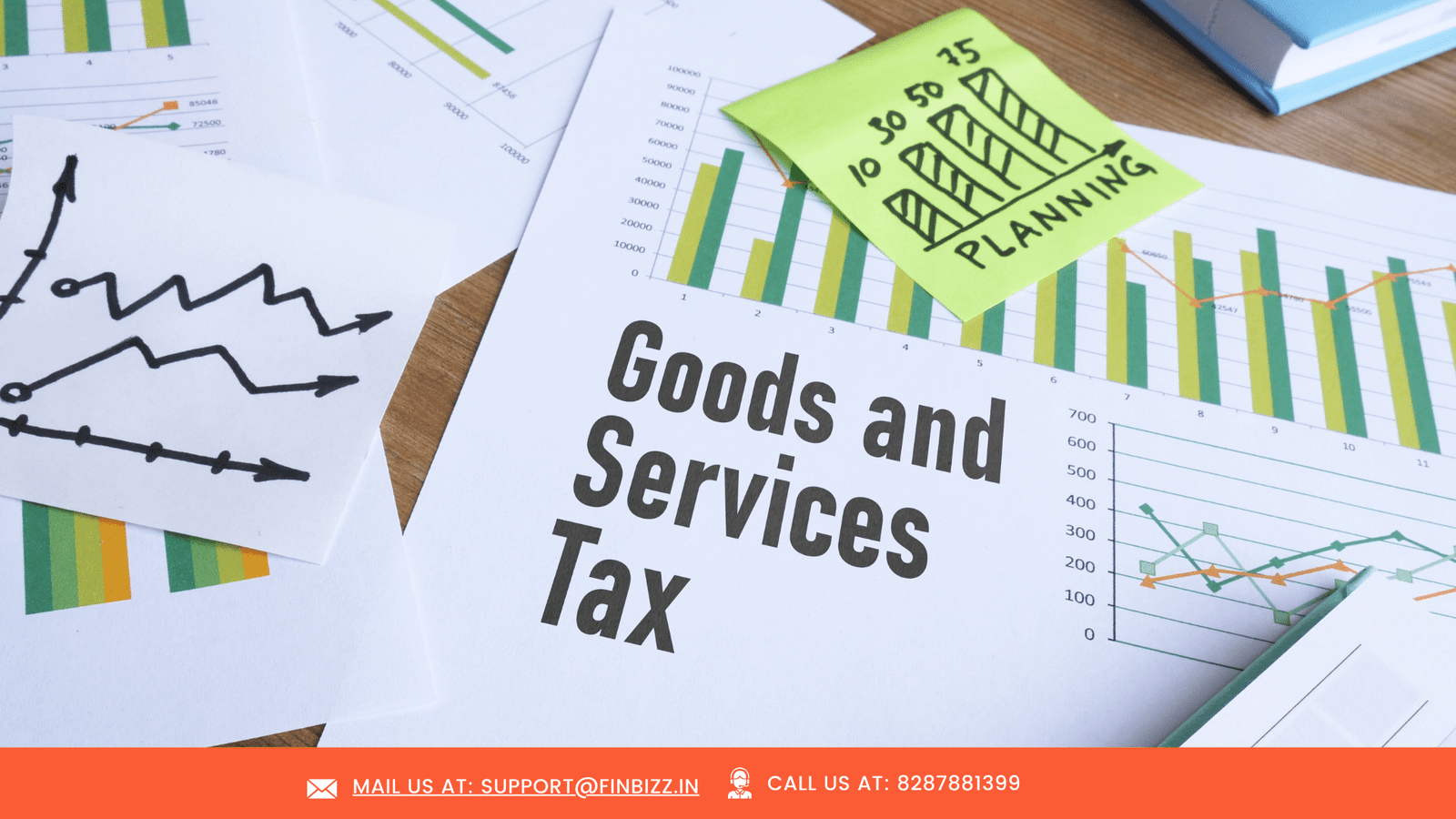
How to Opt for Presumptive Taxation
Opting into the presumptive taxation scheme involves several steps, which FinBizz can help navigate:
- Assessment of Eligibility: Review your business activities and financial statements to determine eligibility under Sections 44AD, 44ADA, or 44AE.
- Income Calculation: Calculate your income based on the prescribed percentages of your turnover or gross receipts.
- Tax Filing: File your income tax return using the ITR-4 form, declaring your income as per the presumptive taxation scheme provisions.
Common Challenges and Solutions
While presumptive taxation simplifies tax filing, it may not suit every business or professional. Common challenges include:
- Restriction on Further Deductions: Once you opt for presumptive taxation, you cannot claim any further business-related deductions or expenses.
- Switching Back to Normal Taxation: Switching back to the normal taxation scheme requires staying in it for five years, which might not be suitable for all businesses.
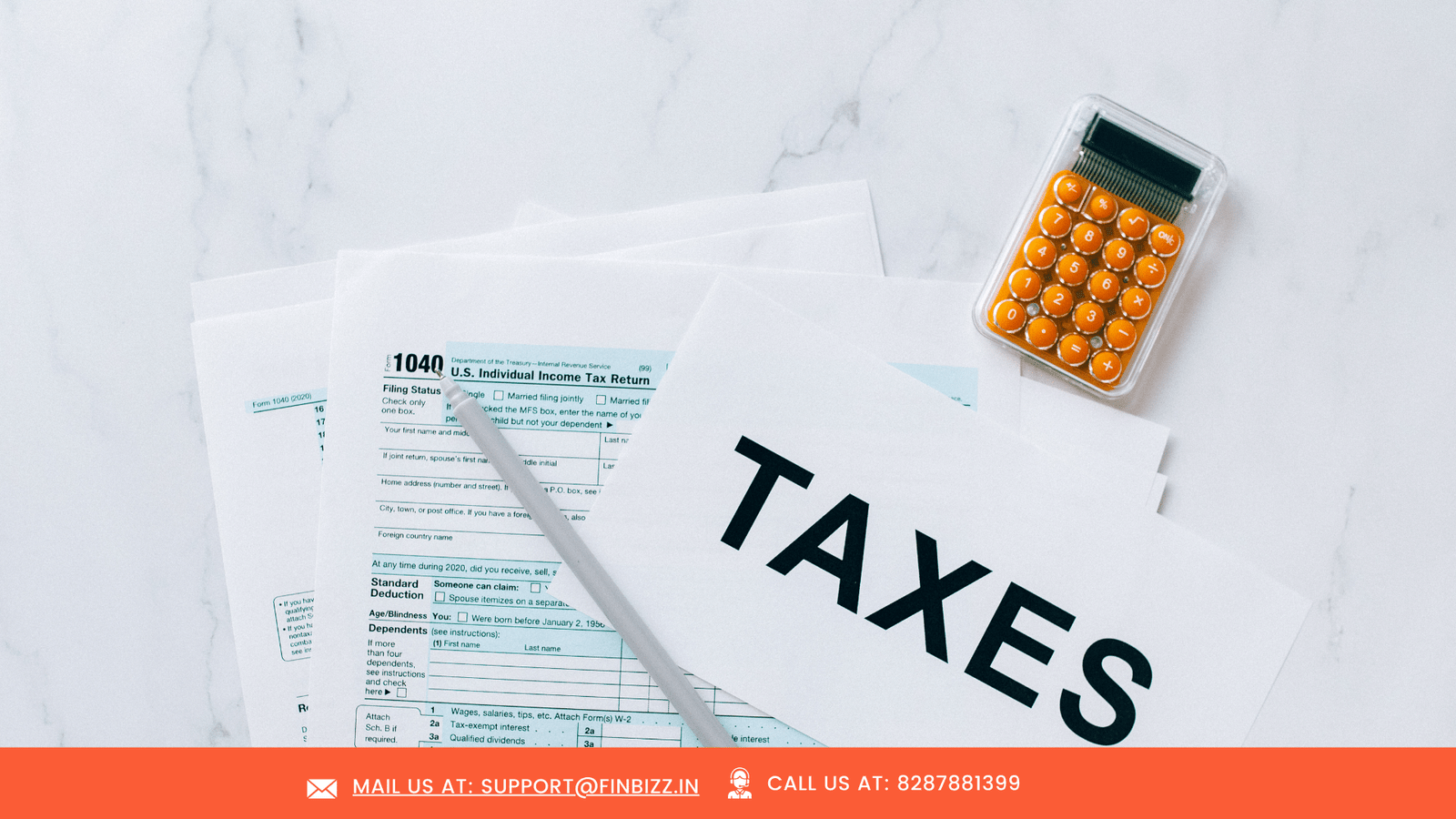
Conclusion
Presumptive taxation offers a simplified tax compliance mechanism for small businesses and professionals, but understanding whether it suits your business model is crucial. With FinBizz, you gain access to expert tax advisory services that help you make informed decisions, ensure compliance, and optimize your tax obligations.
FAQs
Q1: Can I switch from presumptive taxation to the normal taxation scheme?
Ans. Yes, taxpayers can switch from presumptive to normal taxation, but restrictions apply regarding the duration for which they must continue under the normal scheme.
Q2: Are there any penalties for non-compliance under the presumptive taxation scheme?
Ans. Non-compliance with the conditions of the presumptive taxation scheme can lead to tax assessments under normal provisions and potential penalties.
Q3: How can FinBizz help if my turnover exceeds the threshold limit during the year?
Ans. FinBizz can assist in transitioning from presumptive to normal taxation, helping to manage the increased compliance requirements smoothly and effectively.
Partnering with FinBizz ensures that your journey through the complexities of presumptive taxation is straightforward, allowing you to focus more on growing your business while staying compliant with tax regulations.

